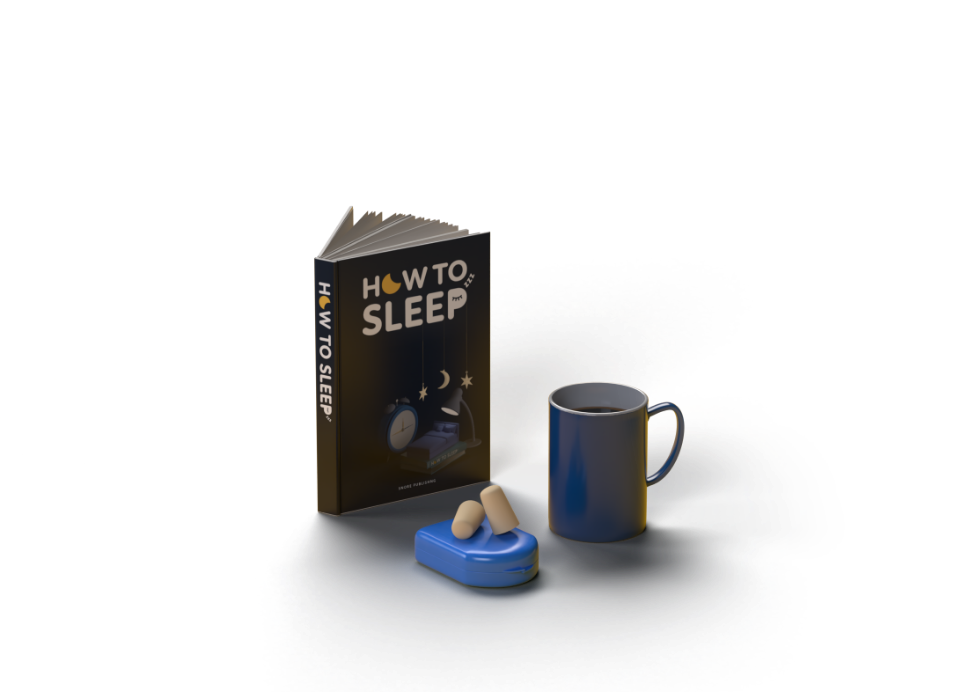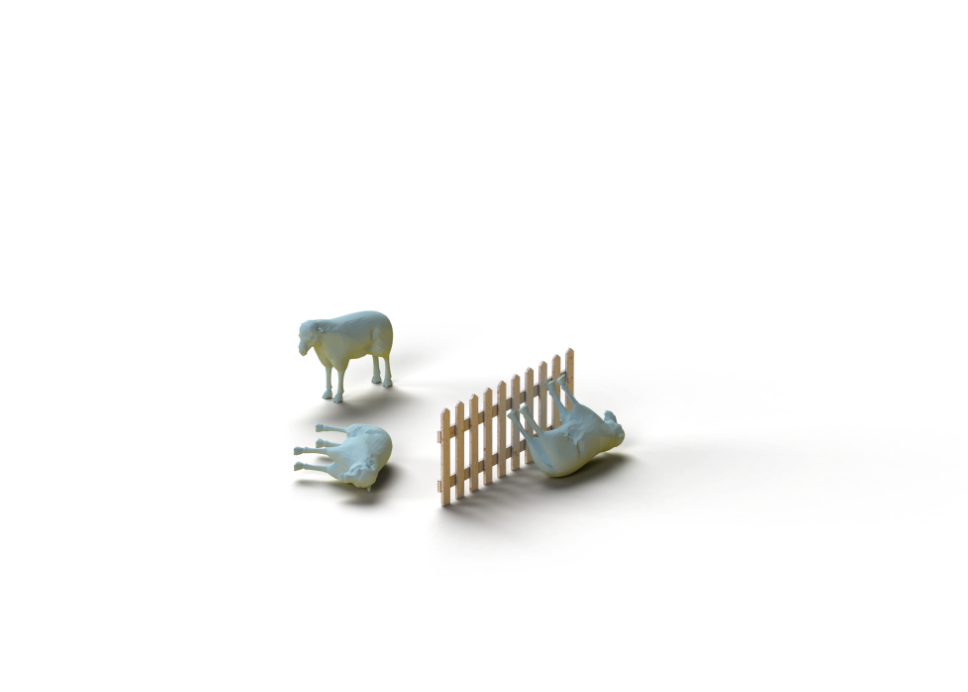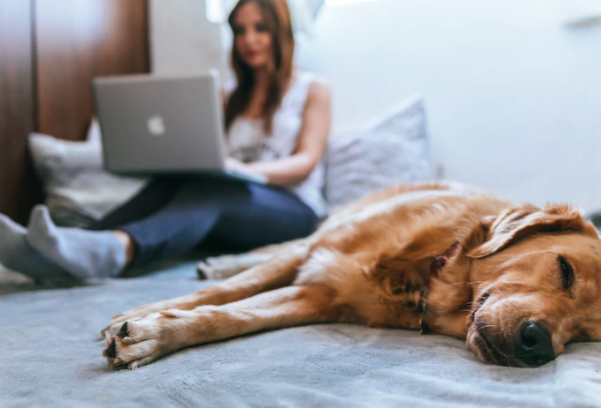
How to get up early and not feel tired
Learn moreContents
Getting enough sleep is something that most of us have been craving since we were babies, but at times it can feel like an impossible task. Between work and leisure time, it’s a struggle to fit everything in and still get the recommended seven to nine hours per night.
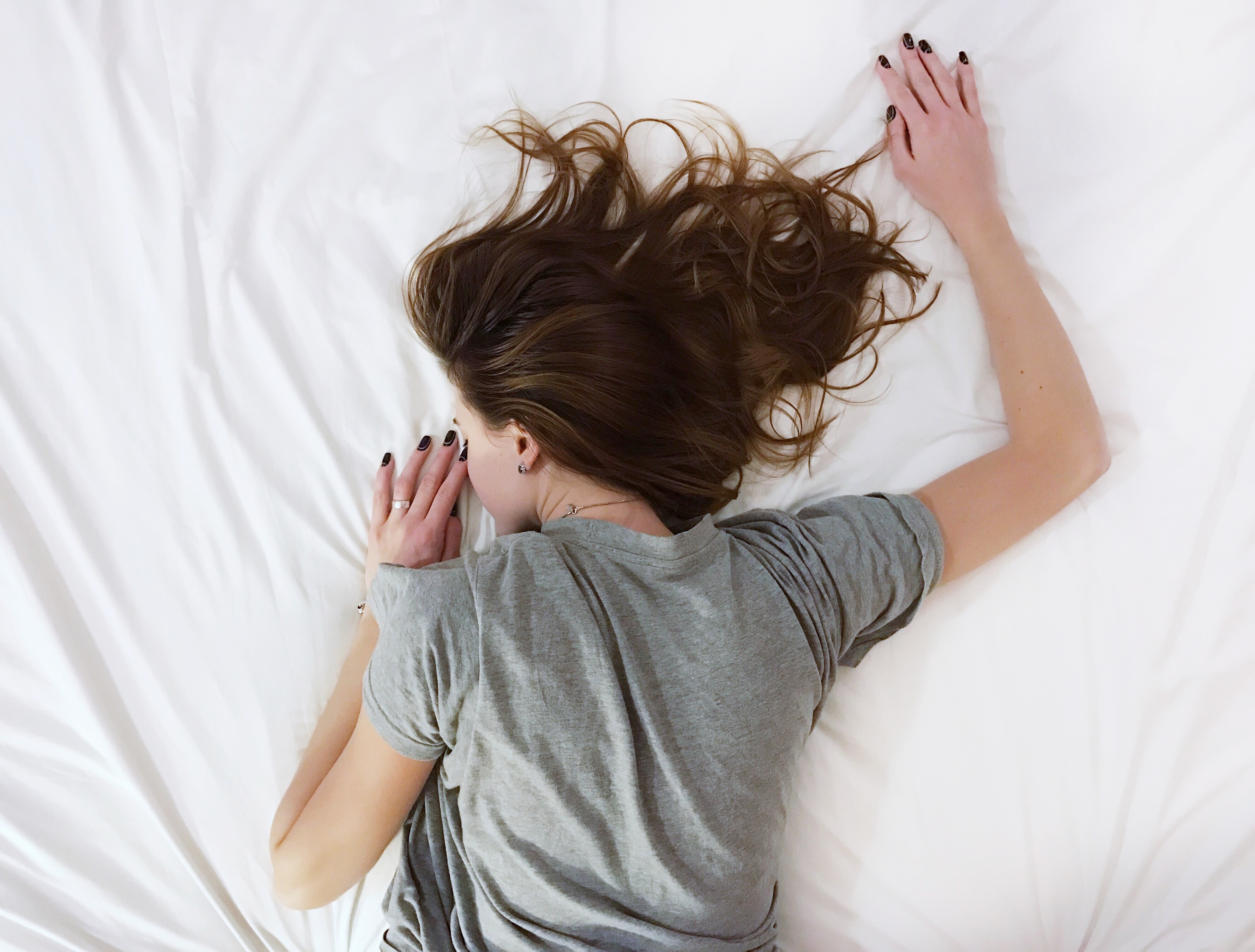
Becoming a morning person
What does it mean to be a morning person?
When broken down into simpler forms, there are two main camps people fall into when it comes to the best time to get up and feel productive.
The first, the early birds, love to get up early in the morning and jump straight into the day. They find that they are most productive before lunchtime, and like to get started in the morning in order to make the most of this. The other, the night owls, prefer a later start, and get their best work done in the afternoon and evenings, with some people even preferring to work into the night.
In reality, sleep productivity is really a scale that ranges from getting up extremely early to not getting out of bed before noon. The earlier you find yourself being productive, the more of a morning person you can be classed as.
Why would I want to be a morning person?
Most of us need to work a traditional schedule, which often means a 9am start, through to a 5pm finish. This can be difficult for night owls, who would perhaps choose to start later, in order to hit their best work times. When you combine a 9am start with a commute, this makes it even more demanding, especially if you find that you can’t sleep before the early hours of the morning.
The traditional work schedule also means that morning people benefit from increased concentration, faster reaction times, a more agreeable mood, and higher consciousness than night owls, according to Headspace. They also report that people who get 20 minutes of sunlight between 8am and midday are more likely to have a lower body mass index. This happens because the body uses light to tell what time it is.
In this post, we’re going to take a look at why most of us feel like we’re naturally either an early bird or a night owl, and if there is anything we can do to shift our sleep patterns to best fit with our lives.
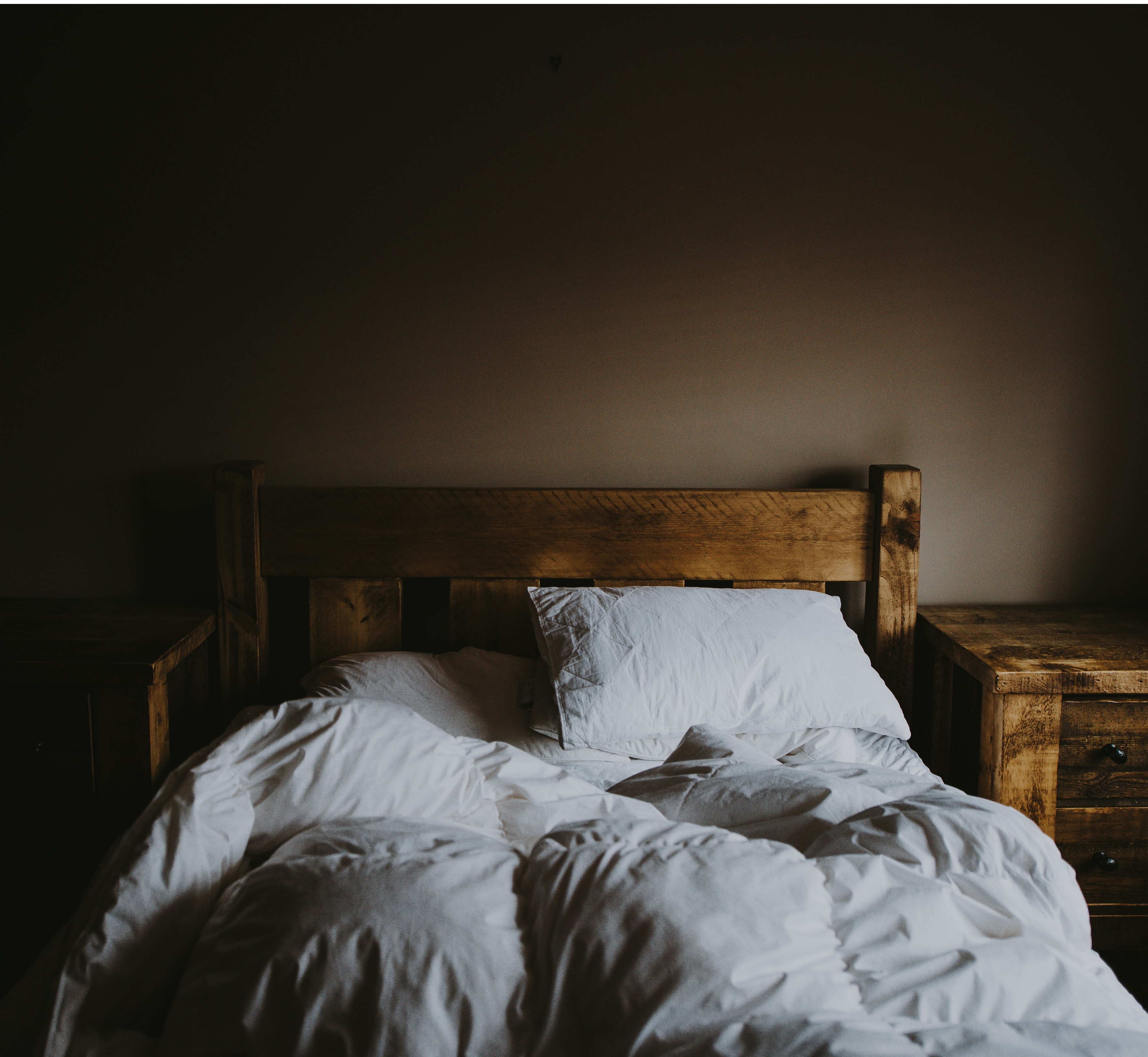
What makes us feel tired?
Biological factors
Scientists are constantly researching sleep, as it is something that affects everyone, and makes a big difference to our lives. Your biological predisposition to be an early bird or a night owl is called your chronotype.
Your chronotype is different from your circadian rhythm. The circadian rhythm controls your sleep and wake times, whereas your chronotype defines the best times for you to be productive, and when to feel sleepy. For example, you might be an early bird that naturally wakes up at 7am, but your job requires you to work in the evenings, so although you’re awake until midnight, you’ll still wake up again at 7am the next morning. The chances are that in this situation, you’ll feel sleepy all evening, and lack concentration.
Social jetlag is the term used to describe the problem when your chronotype clashes with your life schedule, forcing you to be active when you feel like you’d rather be sleeping. If your sleep patterns on weekends or free days are dramatically different to your working days, it’s likely that you're pushing yourself to work to your schedule, rather than working in harmony with your natural predisposition.
Environmental factors
One of the key signals your body needs to know whether it should be asleep or awake is light. We’ve likely all heard of the advice for good sleep hygiene: reduce screen time before bed, and get daylight first thing in the morning.
Feeling cosy and sleepy in a dark room goes deeper than just an association with sleep. When light enters your eyes, the body uses this to determine the time of day, and whether you should be awake or asleep. Before electricity, this was controlled purely by natural light, but with the arrival of lightbulbs, screens and smartphones, some people find that they struggle to drift off. Additionally, if you’re someone who gets up in the night, perhaps to use the bathroom or check on a child, turning the light on can confuse your body and kickstart the waking process, disrupting your sleep cycle.
Noise can also be detrimental to your sleep cycle, even if the sounds are not loud enough to actively wake you up. Sleep works in waves (time periods) which come together to create a cycle of light, deep, and rapid eye movement sleep. The Sleep Foundation reports that noise such as planes and cars when sleeping can lead to an increase in lighter sleep, and a decrease in deep, restorative sleep. This means that when you wake up in the morning, you can still feel tired, even if you’ve managed to get a good number of hours in.
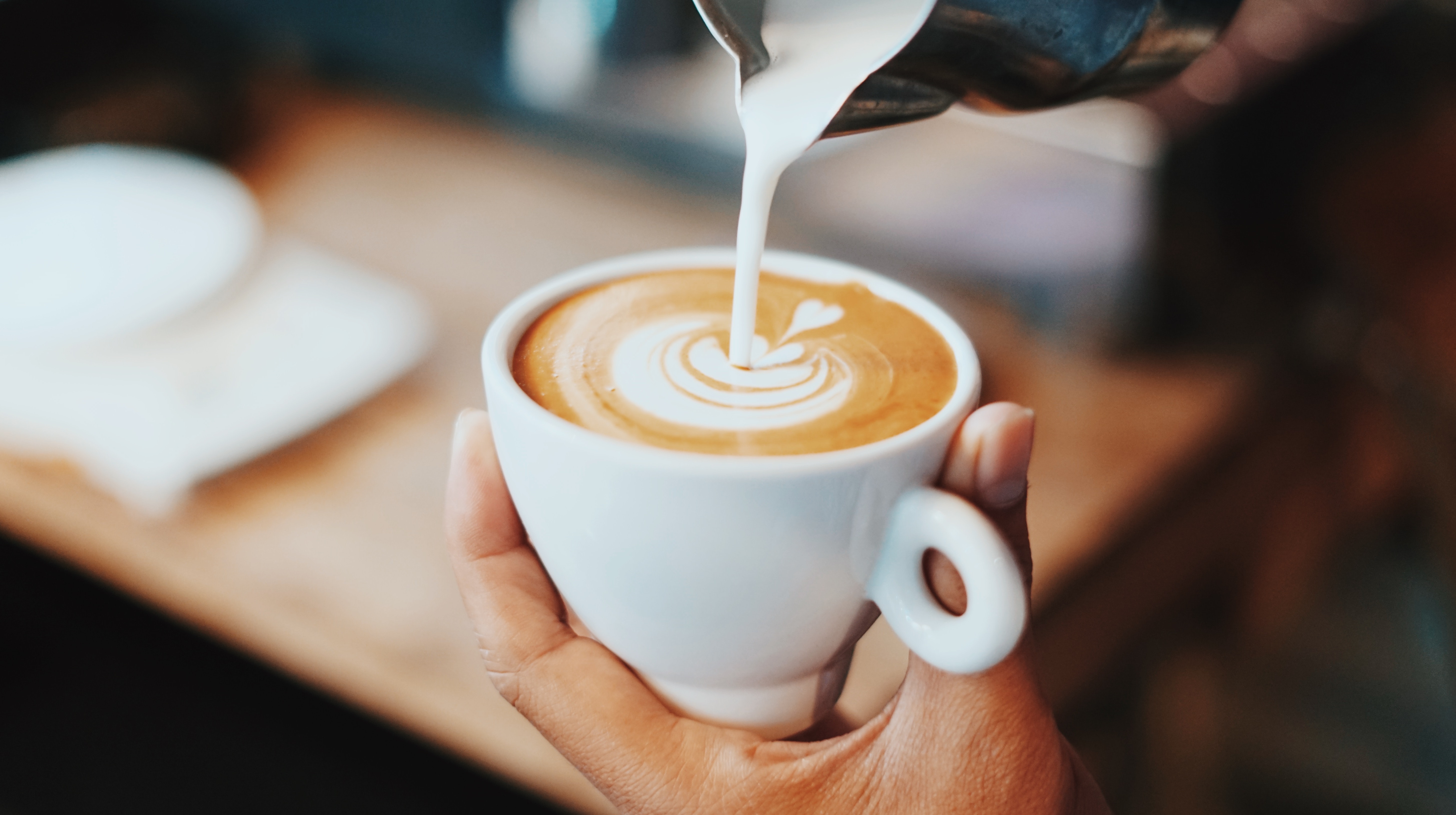
How to wake yourself up
Ok, so you’ve decided to give early starts a shot. The key here is to avoid dramatic changes, such as suddenly deciding to get up at 5am. Your body will struggle, and it will be much more difficult to maintain than if you slowly shift your wake up time earlier by 15 minutes each day. By making small changes, you’re more likely to wake up feeling refreshed.
Taking the slow and steady approach will allow your body to adjust. You should also try and continue these changes on non-work days, too. Whilst a small lie in on the weekend won’t do any harm once your body has properly adjusted, getting up at 5am on weekdays and the snoozing until 10am on the weekend can confuse your body, and will make Monday morning that much harder to handle. Keeping a regular schedule is key to sleep success.
Physical cues
Keeping your curtains or blinds slightly open can help your body sync with the natural light outside. Whilst blackout blinds are great for when you really need to sleep, allowing a small amount of light inside your bedroom in the morning can help signal to your body that it’s time to wake up. Don’t be tempted to leave them fully open though, unless you want to wake up at dawn.
If you’d rather not sleep with your blinds open, or you’re trying to alter your body to a night-shift pattern, then wake-up alarm clocks simulate a sunrise, going from low red to bright yellow over a set period of time. They can also be used in reverse to go from light to dark, which helps give your body the signal to wind down and go to sleep. If used regularly, they are a much more gentle and natural way of waking up than the shock of a loud alarm. Not only is this more calming, but shocking yourself awake each morning releases the stress hormone cortisol, potentially leading to a bad mood after your body realises it’s not under attack.
Keep your screens out of your bedroom near the time that you want to go to sleep. Not only do they keep your brain active, but they also emit blue light which suppresses melatonin, the hormone responsible for your sleep-wake cycle. Locking your phone and then immediately trying to sleep is unlikely to work, meaning that if you haven’t factored this into your sleep schedule, you’re likely to feel sleep deprived in the morning and find it harder to get up.
Diet and exercise
If you’re still struggling to get to sleep early enough, it can be worth looking into whether changing your eating and exercise habits can help. If you’re a night owl, you might prefer to eat dinner later in the evening, rather than around 6pm. However, eating dinner at 8pm and then trying to get to sleep at 10pm so that you can get eight hours before your 6am alarm can affect the quality of your sleep.
Ideally, experts recommend that you leave three hours between your last meal and trying to get to sleep, otherwise your body will still actively be digesting the food, which is not part of the natural sleep process. You should also avoid caffeinated drinks six hours before you go to sleep, so if you want to get an early night, it’s time to ditch your 3pm coffee.
If you’re someone who loves to do a workout in the evening, try switching it to the morning, or lunchtime. Getting your heart rate pumping is good for your health, but leaving it too close to your bedtime can mean that your body is still internally active when you’re trying to rest.
Mentality
Trying to adjust your circadian rhythm can be a pain, and sometimes can feel a sense of reluctance or resentment that they have to change the way they function at all. Although it’s hard, try and actively change your mindset from thinking “I’m not a morning person” to “I am becoming a morning person”. Set yourself small goals such as being able to wake up half an hour earlier over the course of a few weeks to give yourself a sense of achievement.
Setting a reason for you to get out of bed in the morning can also help. Maybe you want to find some time to read, but you’re struggling to fit it into your schedule, or maybe you would simply like to have a calmer morning, rather than rushing out the door. Whatever it is, make sure you feel a sense of accomplishment and reward, which will hopefully help you keep the habit.
Finally, make sure to dodge the snooze button. Whilst another five minutes can be tempting, all you’re doing is creating a habit of avoidance. Getting up and getting moving is a great way to signal to your body that the day has started.
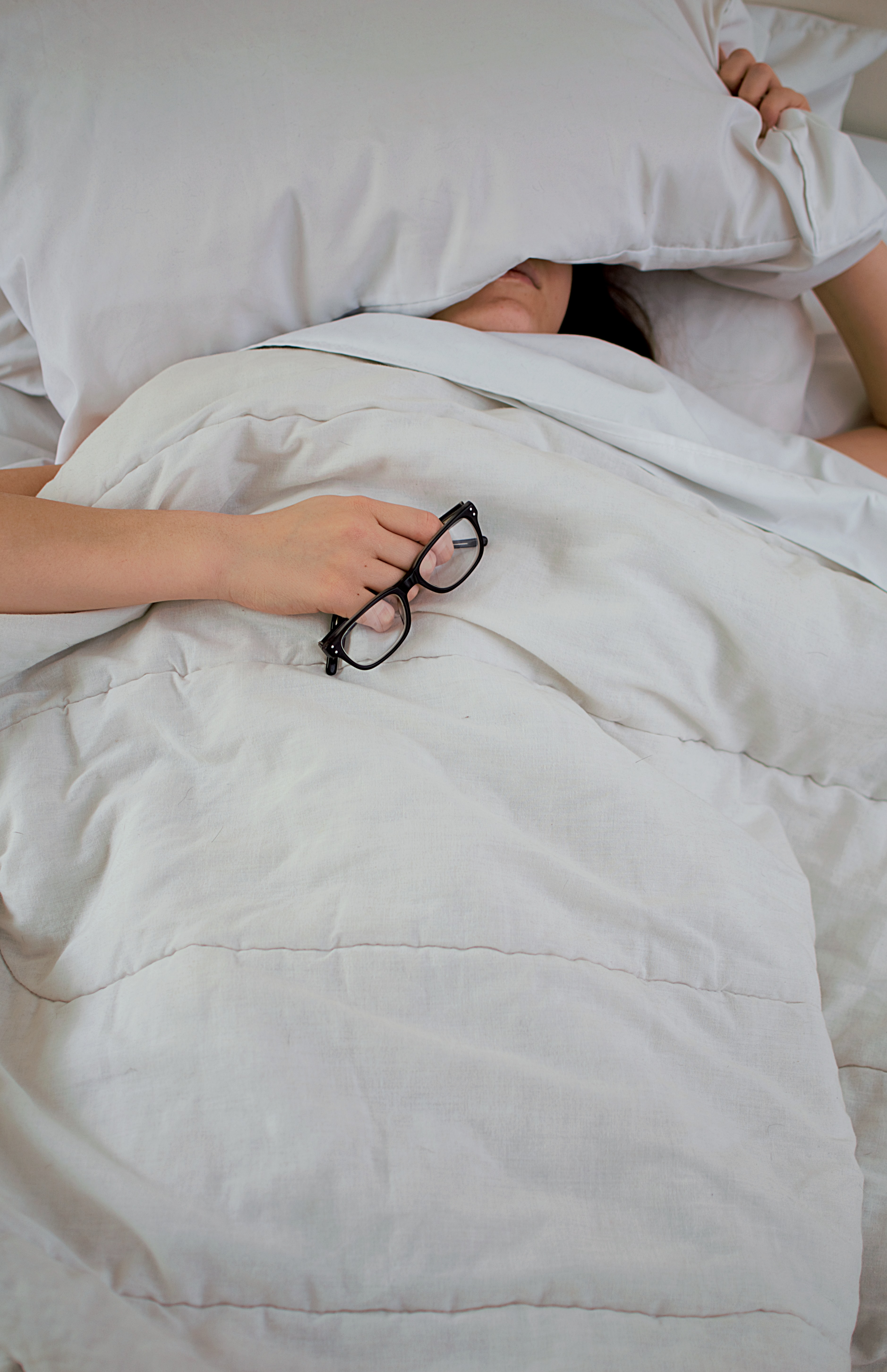
Can you become a morning person?
Whilst you can’t completely switch your biological chronotype, you can try and help yourself with some environmental cues. However, this will only help alter your circadian rhythm, affecting your sleep/wake cycle, so it won’t automatically turn you into a morning person. Nothing can change your disposition to when you’re most productive, but helping your circadian rhythm with clear signals can help at least get you out of bed in the morning.
